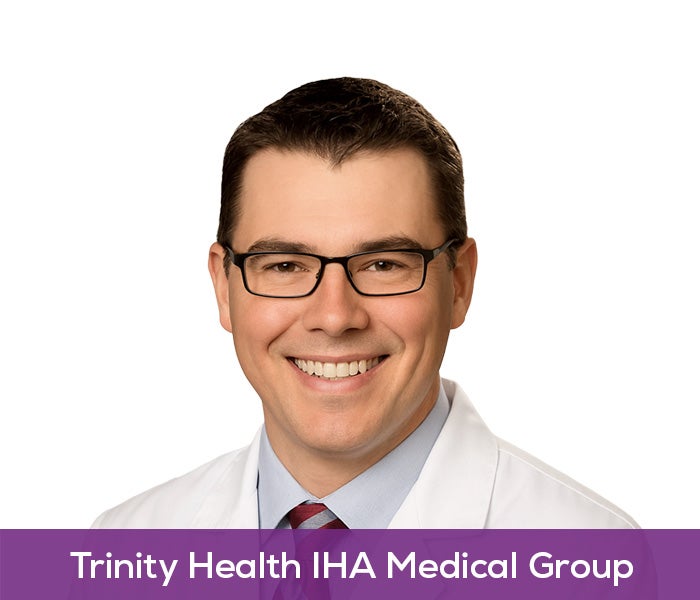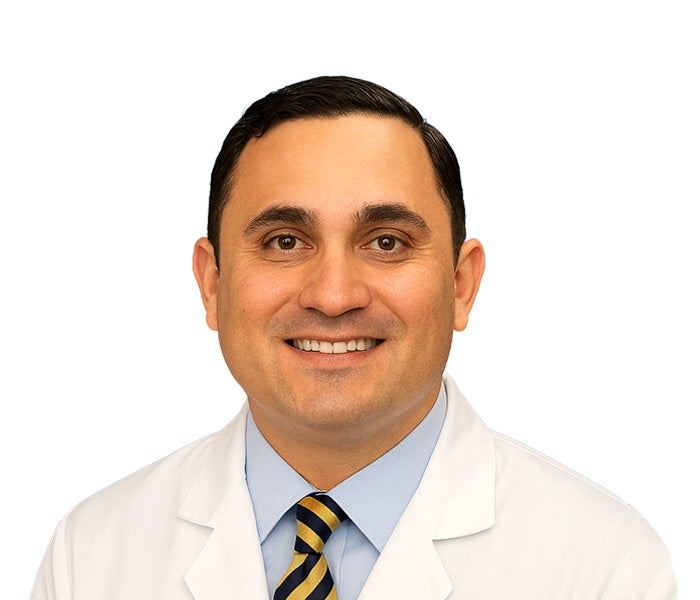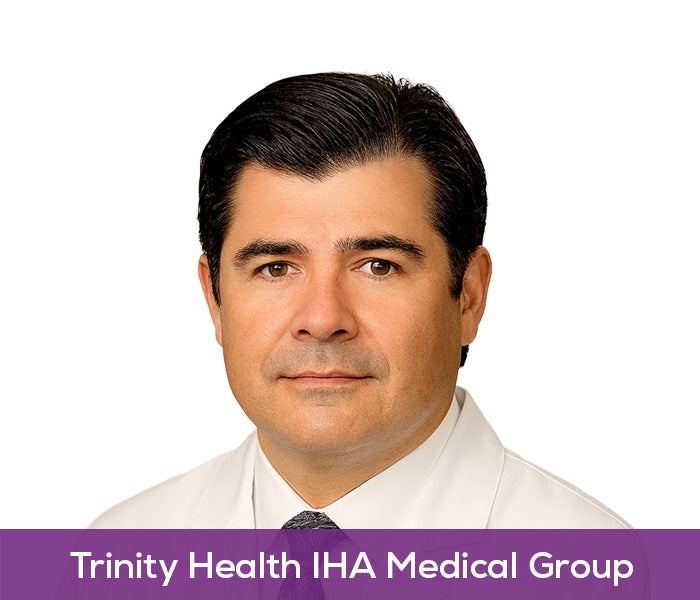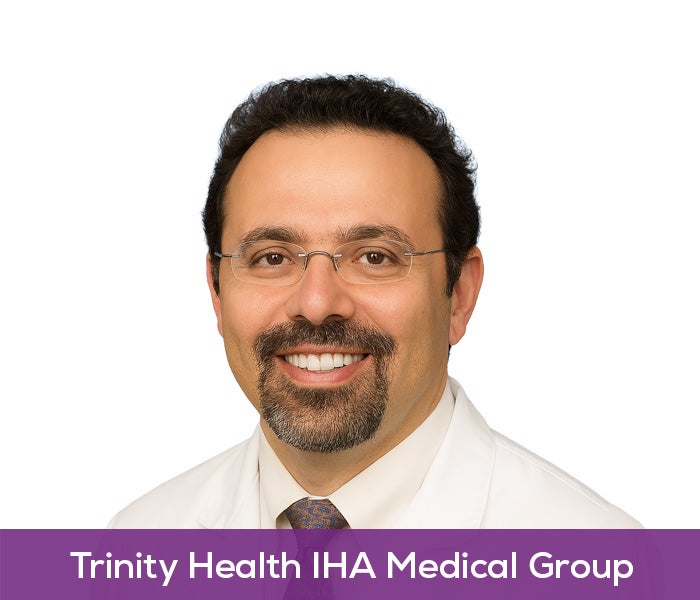A Healthier You Starts Here
At Trinity Health Michigan, we know weight loss is about more than numbers—it’s about your health, confidence and quality of life. If diets, medications, GLP-1s or quick fixes haven’t worked, you’re not alone.
That’s why we offer a comprehensive, team-based approach that goes beyond surgery. Our expert surgeons, dietitians, behavioral specialists and support groups work together to guide your journey.
Bariatric surgery is a safe, proven option that can lead to lasting weight loss and improve conditions like diabetes, high blood pressure and sleep apnea. Backed by a national health system and a caring local team, we’re here to help you take the next step toward a healthier, more active life.
From Surgery to Shopping: Kim's Inspiring 86-Pound Transformation.
Benefits of Weight Loss Surgery
On average, bariatric surgery can help you lose between 50% and 70% of your excess body weight. But the benefits go beyond just weight loss—it can also reduce or even cure:
The Bariatric Program at Trinity Health Michigan
You don’t have to go far for care. We have bariatric surgery offices in nine Michigan cities, and surgeries are performed at seven of our hospitals including:
- Chelsea
- Grand Haven
- Grand Rapids
- Livingston
- Livonia
- Muskegon
- Oakland
Our Chelsea Hospital bariatric program is proudly offered in partnership with the University of Michigan Health.
Start your journey to better health with a bariatric surgery consultation.
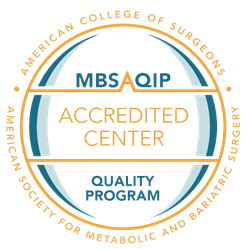
Accredited Bariatric Surgery Centers
Recognized by the American Society for Metabolic and Bariatric Surgery, Trinity Health Michigan locations are recognized for surpassing national standards for high-quality weight loss surgery. This means you can count on us for safe, effective care.



